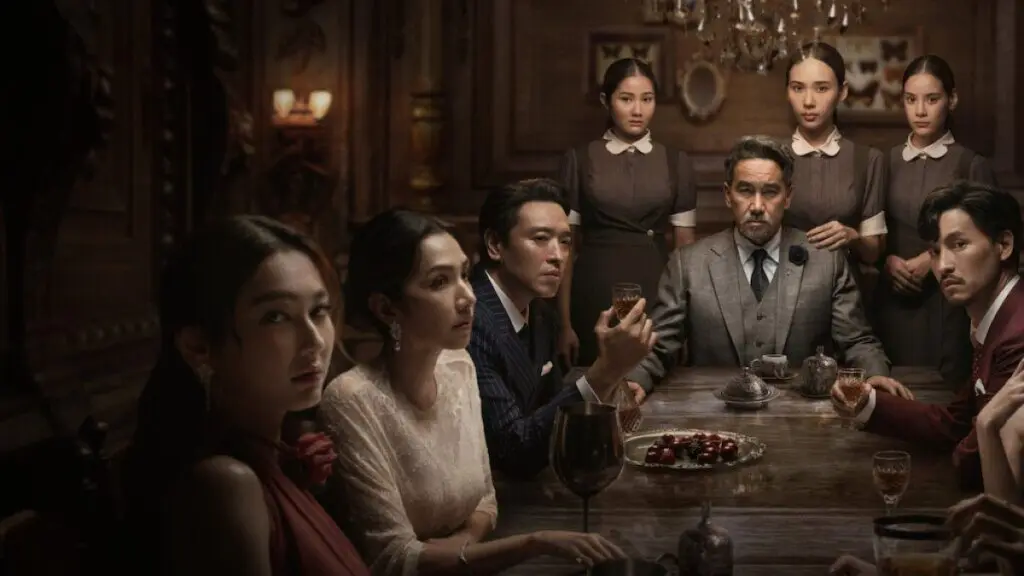Summary
Netflix’s tedious Thai murder mystery revels in dull sadism and thinks shock value is enough. It isn’t.
For as good as Succession is, the epidemic of imitators it has caused can’t be overstated. The subgenre of “despicable rich people doing despicable rich people things” has long since gone international, but Master of the House offers another variant just in case the Thai take was sorely needed.
I’d argue it wasn’t, but what do I know?
I’m still blaming Knives Out for this too. There are only so many times we can see the scions of a wealthy family bicker around the murdered patriarch before we start to get sick of it, and this seven-part Netflix series, which fuses the deplorability of the wealthy with the whodunit structure of a mystery, offers little of note beyond a mean streak a mile wide.
I’m not an especially sensitive person; not to violence, gore, jokes, general unpleasantness, or any of the innumerable other things it’s fashionable to be offended by these days. But I object to sadism for the sake of it. Much like how I criticized another Netflix offering, Desperate Lies, for a lazy approach to sexual assault, I’m put off by how Master of the House relies on that old trope of men visiting violence on women as an easy way of showing they’re power-mad.
Surely there are other ways?
In its soapier qualities, Master of the House is reminiscent of Desperate Lies, but it’s a much tighter and darker experience. The plot is framed from the perspective of Kaimook, a woman who is hired at the expansive household of a diamond mogul and ends up marrying him shortly before his sudden death in mysterious circumstances.
Roongroj, the patriarch, was clearly murdered, and his two psychotic sons emerge as the prime suspects given the sizeable inheritance on the line. But the whodunit pretense eventually gives way to a more straightforward revenge dynamic that employs familiar tricks to elicit shock. A recurring motif of butterflies – the meaning of which is laughably easy to unpack – is the closest the show comes to creativity.
It doesn’t even feel especially Thai if you know what I mean. International productions are usually a rich well of cultural nuance, and you can enrich any genre by giving it some regional specificity. But Master of the House planes all that away. It’s boiled down to its most universal and two-dimensional essence, the simple idea that those with power will wield it enthusiastically and often sadistically over those without it.
I’m not saying the theme isn’t worthwhile, or even that it isn’t real. But there must be fresher angles to take if we’re going to be reminded of something we already know.
There’s an old – and in my view incorrect – idea that all stories need a relatable character for the audience to latch onto. This is nonsense and a childlike way to consume media. But a story entirely about awful people doing awful things without redemption or nuance needs something, some attributes that can carry it through. Master of the House has none. It’s content to do the most obvious thing as long as it’s the most unpleasant and expects us to swallow that as if it’s daring art and not tired hogwash.
A contemporary audience knows better. I hope, anyway.
RELATED:




